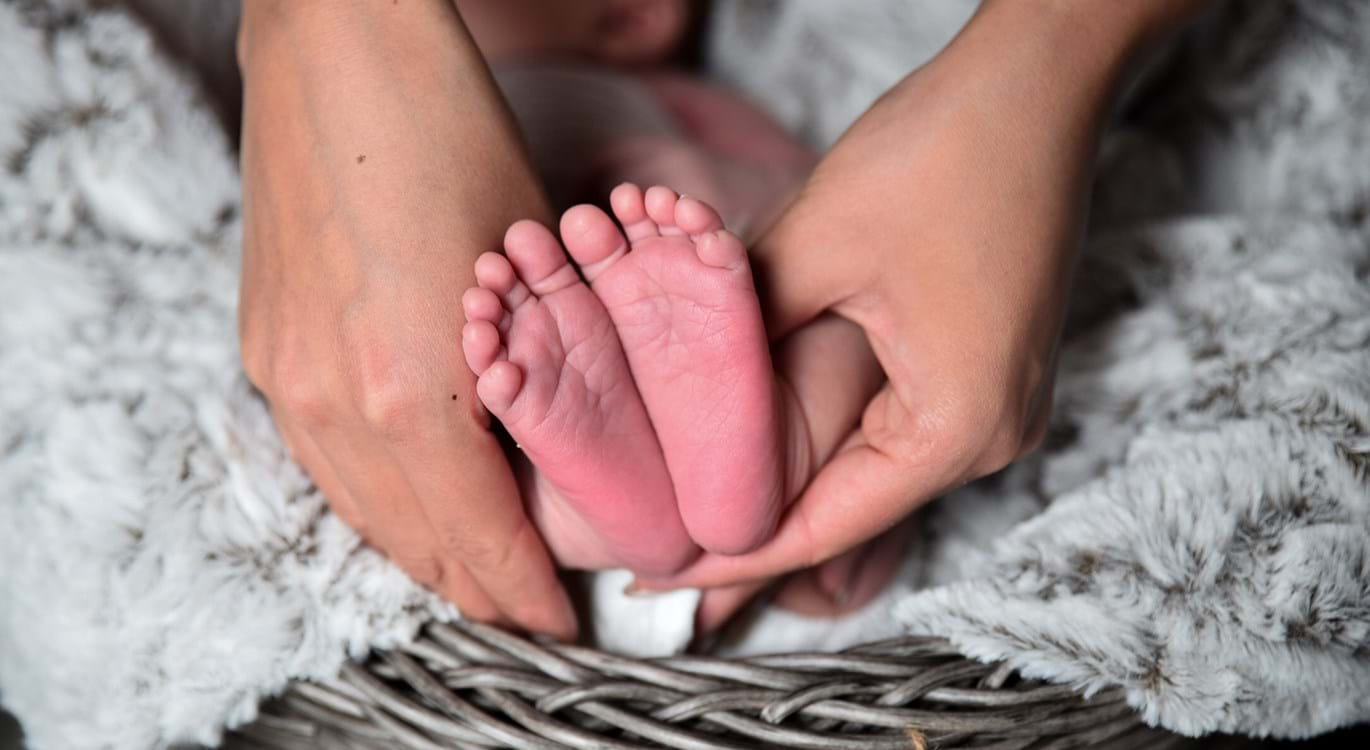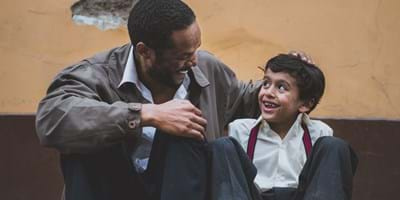If there was a terrible tragedy in the UK that killed over 550 young children it would rightfully attract headline news, an outpouring of national grief, churches filled with people praying for those impacted and a government enquiry. Yet this tragedy is occurring every single day in the United Kingdom. The latest available figures confirm over 200,000 abortions occur in England, Scotland and Wales 1 every year. As the young children of this nation are being killed, how should the Christian think and act?
As over 9.1 million children have died to abortion in the UK between 1968 and today the enormity of the problem is immense. Many Christians in the UK feel that the battle has been lost and nothing can be done. However, such thoughts of despondency and defeat need not find a residing place in the hearts and minds of those who believe in an omnipotent God who can do all things. The Christian must not keep silent, as the gospel reminds us that every life is precious in God’s eyes. We can use our voices in positive ways to the glory of God.
A voice of proclamation
Christians are called to be salt and light in a decaying world. That is there should some preserving and light bearing features in our speech and conduct. We must seek to raise our voice for those who have no voice. The words of Proverbs 31:9 “Open your mouth, judge righteously, defend the rights of the poor and needy” come with great conviction as there is no-one more needy than the defenceless child who could be killed.
In conversations and discussions, we should speak with grace and truth. There are many complex situations so wisdom is required in every situation but that does not mean silence. We can speak of how the life of every unborn is the handiwork of God, and what he is forming is a human being in his own image, unlike any other creature in the universe.
If the argument is made that it is the right of the mother to choose what to do with her body then we can gracefully state that it is not her body inside her but a living being. This living being is not only dependent on her whilst it is in the womb but it will when it is outside.
For you formed my inward parts; you knitted me together in my mother's womb. – Psalm 139:13 (ESV)
A voice of prayer
Every Christian has the privilege to take their concerns to God in prayer. We have access to almighty God through the high priestly work of our Lord Jesus Christ.
In Psalm 82:4 God holds authorities and governments responsible to “Rescue the weak and the needy; deliver them from the hand of the wicked.”
Our prayers can mirror His concerns as we bring them to Him. Does God care about the murder of the unborn? Is He able to do anything about this situation? As the answer to both these questions is ‘Yes’ it should not mean that we shrink from praying about this situation but we come to Him, trusting in His wisdom.
As we look around the situation on abortion may seem lost but as we look to God, we can have hope. The current situation can change but it will need men and woman to raise their voices for those without a voice.
A voice of promise
Finally, the Christian can also use their voice to offer hope and comfort to those who are suffering due to abortion. The gospel is a message of great promises for all who will respond.
The message of the gospel to any individual is “God’s grace is greater than your sin”. Forgiveness of sin and the guilt of sin is available to all who come in genuine repentance and faith, to the Lord Jesus Christ.
Although the mental and emotional pain is great for those who have gone through abortion, we can point to one who is the great healer. God is the rebuilder of broken lives and a refuge for the broken and hopeless.
The Gospel offers hope to all who come to the Lord Jesus.
Notes
- Abortion Statistics, England and Wales: 2017, Office for National Statistics, June 2018 and Termination of Pregnancy Year ending December 2017 (Scotland), Office for National Statistics, May 2018





























